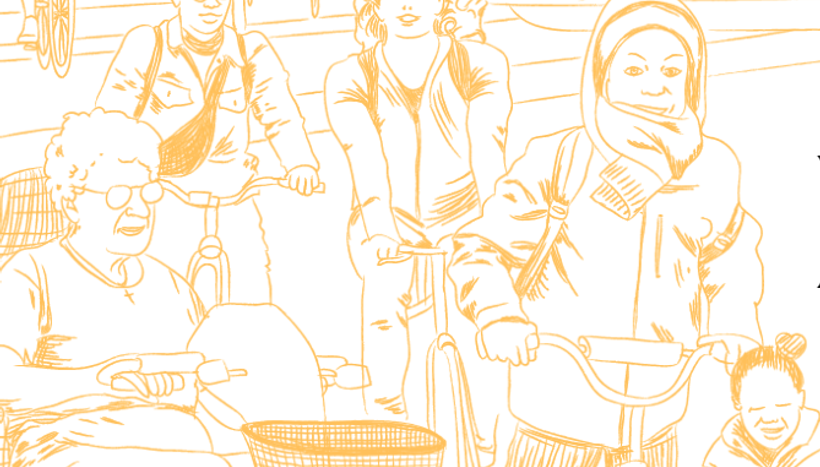
Fairness and opportunity: A people-powered plan for the green transition
Article
This final report of the Environmental Justice Commission sets out a vision for the future of the UK.
The Environmental Justice Commission was established in May 2019 in recognition that action to address the accelerating climate and nature emergencies can be about more than staving off the worst; it can be about imagining a better world which we can build together.
To realise this vision will require a new approach which understands the inextricable link between addressing the climate and nature crises with the necessary speed and ambition, and simultaneously tackling economic and social injustice. The transformation must be rooted in fairness, and we believe that a successful transition means that people must be at the heart of the policymaking process, and those most affected by change must be the ones to shape it.
This final report of the Environmental Justice Commission sets out a vision for the future of the UK. Part one defines the shifts needed in the UK’s approach to addressing the climate and nature crises and makes the case for a ‘new social contract’, to deliver a transition that is both rapid and fair. Part two, in five chapters, outlines the practical steps we propose. Each contains proposals on what we think needs to be done, when and by whom.
The commission’s recommendations have been shaped by the experience, insights, and priorities of the jurors of our four citizens’ juries held across the UK in 2020/21.
Summary for policymakers
Full evidence report
Related items

Regional economies: The role of industrial strategy as a pathway to greener growth
Regions like the North should have a key role to play in the development of a green industrial strategy.
2030 and beyond: Great British Energy's role in the green transition
The UK government created Great British Energy to help deliver secure, clean and affordable electricity.
Strategic planning for green prosperity
Land is a finite resource, and the demands made of it have only increased over time.
